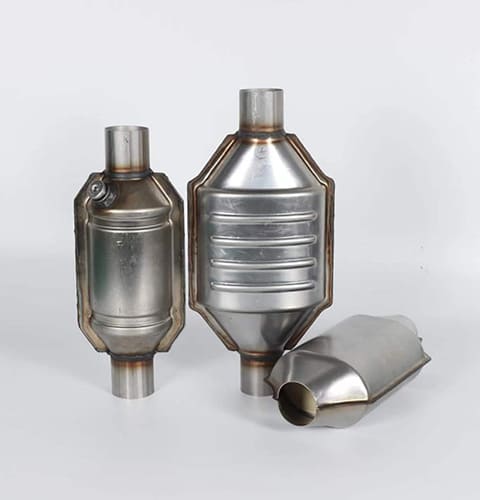Are you aware of the rigorous processes behind the certification of automotive components like Gasoline Particulate Filters (GPFs)? In an era where environmental regulations are becoming increasingly stringent, the importance of GPF testing and certification cannot be overstated. It’s a critical step not only for compliance but also for maintaining public trust and environmental integrity. But what exactly does this process entail, and why is it so vital for manufacturers and consumers alike?
GPF testing and certification involve a series of evaluations and checks to ensure that these components meet specific standards and regulations. This process is crucial for manufacturers to legally sell their vehicles in various markets. The testing assesses various aspects of a GPF’s performance, including its efficiency in capturing particulate matter, its impact on the overall emissions, and its durability under different operating conditions. Certification, on the other hand, is the official recognition that a GPF has passed these tests and complies with the necessary standards, such as the Euro 6 or China 6 emissions regulations.
Understanding the intricacies of GPF testing and certification is essential for manufacturers, suppliers, and even consumers. It not only helps in ensuring regulatory compliance but also boosts confidence in the technology and its environmental benefits.

The Critical Role of GPF Testing in Automotive Compliance
How does GPF testing contribute to automotive compliance, and what are the standards that these components must meet?
GPF testing is designed to evaluate the filter’s ability to reduce particulate emissions from gasoline engines. The tests simulate various driving conditions to assess the GPF’s performance over a range of scenarios. This includes testing the filter’s efficiency at different speeds, temperatures, and loads. It’s not just about meeting current standards but also about anticipating future regulations, as environmental standards are continually evolving.
For manufacturers, these tests are essential for demonstrating compliance with regulations like the Euro 6 norm, which sets stringent limits on particulate emissions. Non-compliance can result in heavy fines, legal challenges, and damage to a brand’s reputation. Hence, thorough and accurate testing is a cornerstone of responsible manufacturing in the automotive sector.
Certification: A Seal of Approval for GPFs
What does certification mean in the context of GPFs, and why is it a critical milestone for manufacturers?
GPF certification is the formal acknowledgment that a particular filter meets the necessary regulatory requirements. This process involves not just testing, but also documentation and review by relevant authorities or third-party agencies. Certification acts as a seal of approval, indicating that the GPF is fit for use in the market and complies with all environmental and safety standards.
For manufacturers, achieving certification is crucial for market access. It reassures consumers and regulators that the product is environmentally friendly and safe. In some markets, certification can also open the door to tax benefits and other incentives for producing low-emission vehicles.

Conclusion
The process of GPF testing and certification plays a pivotal role in ensuring that vehicles meet stringent emission standards, thereby contributing to the global effort of reducing air pollution. For manufacturers, it’s not just a regulatory hurdle but a commitment to sustainability and public health. As the automotive industry continues to evolve, the importance of these processes will only increase, underlining the need for continuous innovation and adherence to the highest standards of environmental stewardship.


